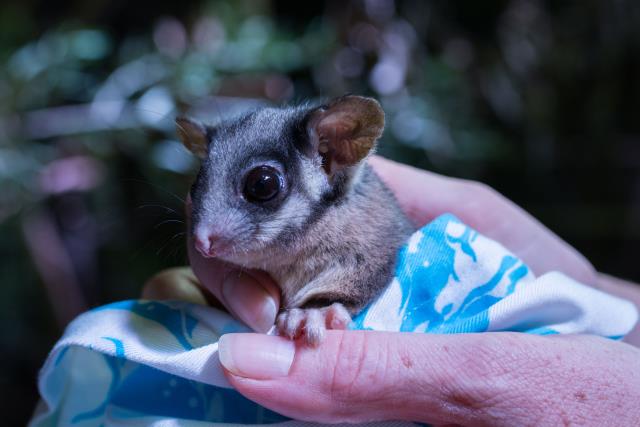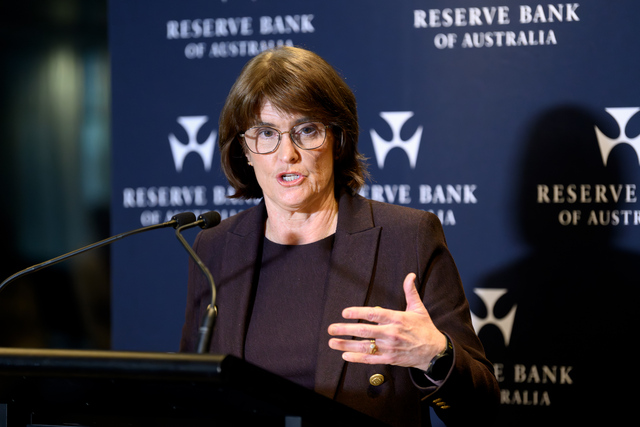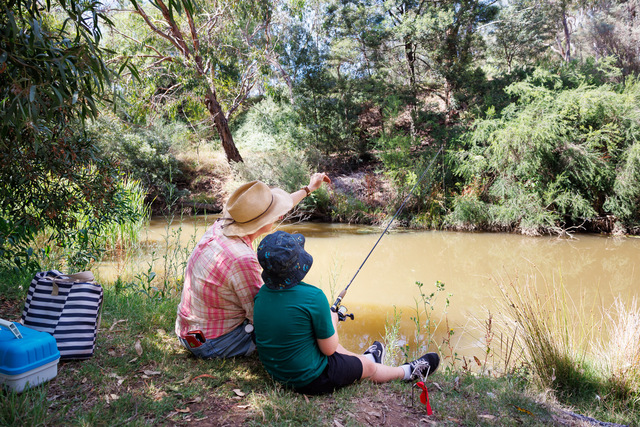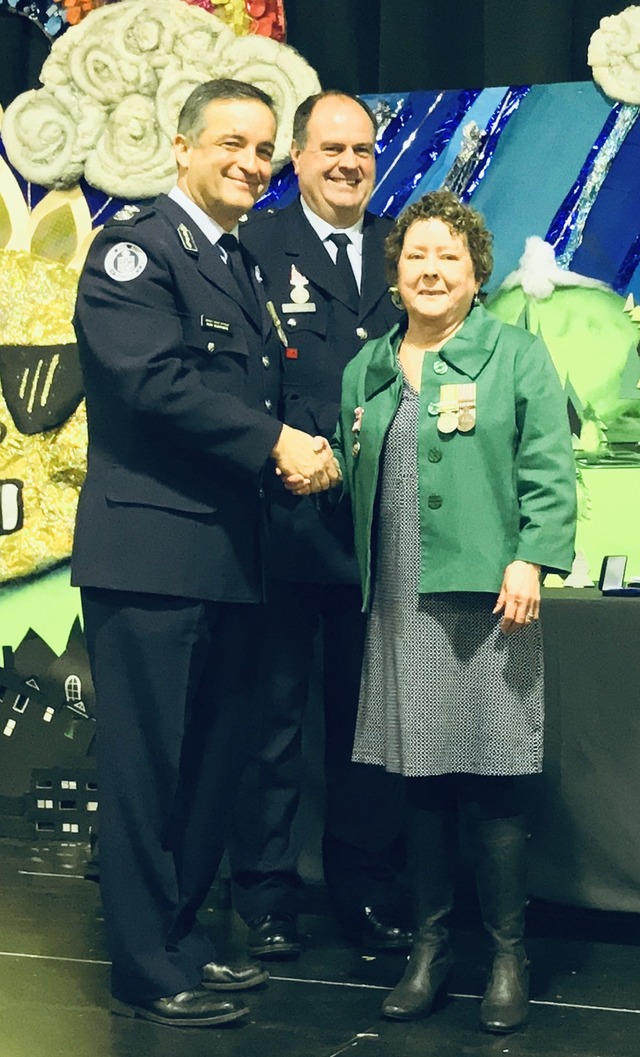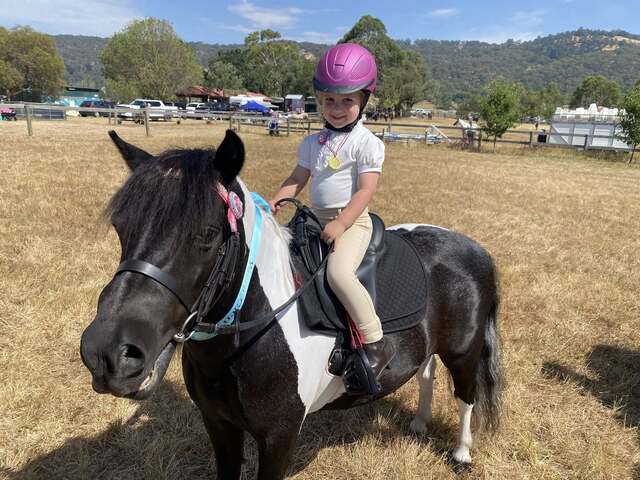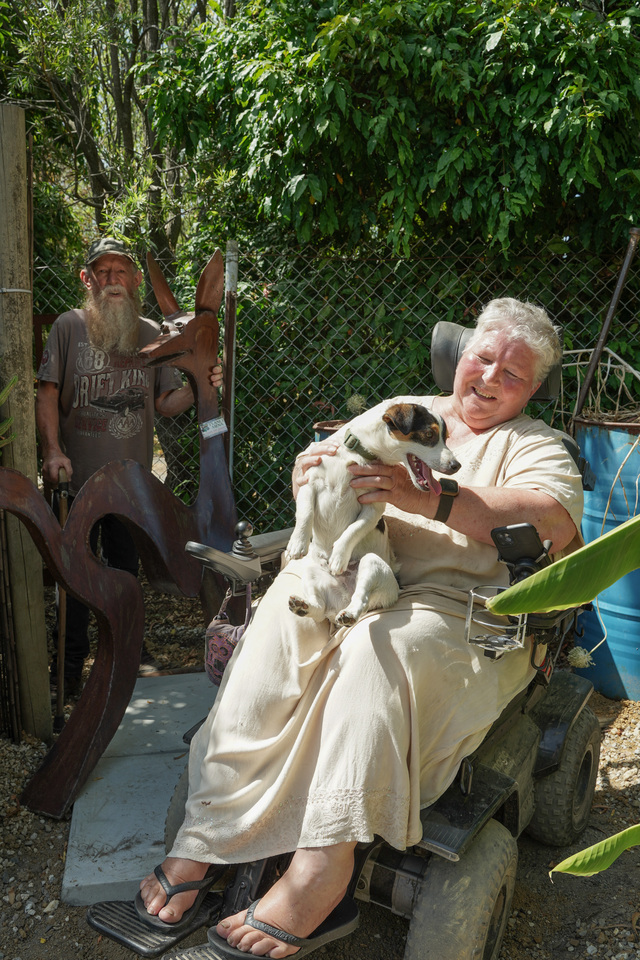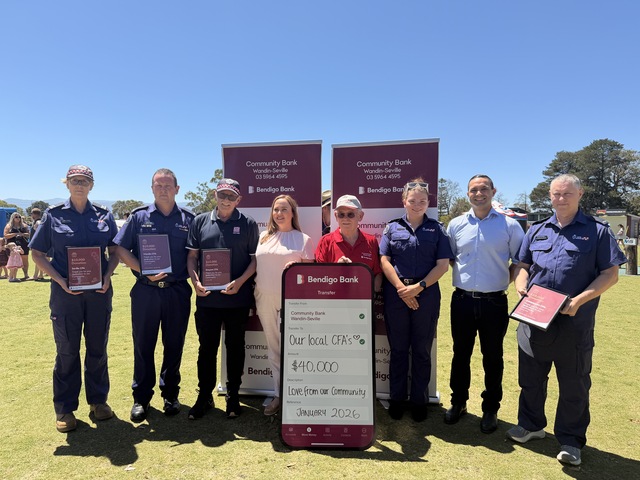A new trial conducted by Melbourne Water is hoping to help boost the population of the lowland Leadbeater’s Possum.
Less than 40 lowland Leadbeater’s Possums remain in existence, so any and all efforts to support the subspecies of this state faunal emblem could be critical.
Melbourne Water Partnership Coordinator Kacie Melfi said they know that to save the lowland Leadbeater’s Possum from extinction, they need to protect and expand its habitat by growing forests that will be resilient to hotter, drier climates.
“Climate-adjusted seeding is a relatively new conservation approach that involves collecting seeds from locations that match the predicted future climate,” she said.
“With the Leadbeater’s Possum in mind, we used climate modelling to identify forests that currently have climates similar to what the Yarra Valley is expected to be like in 2030, 2050 and 2090,”
“Then we shortlisted six species of native trees and purchased seeds from local specialist nurseries. The seeds will grow into ‘future-proof forests’ in Victoria’s Yarra Valley to hopefully secure the future of the lowland Leadbeater’s Possum.”
Supported by funding from the Australian Government, Melbourne Water used climate modelling technology to identify trees suitable for the possum and resilient to hot and dry conditions, collecting their seeds to build a seed bank of 7000 seeds from trees across Victoria and New South Wales.
“People can do their bit to save the Leadbeater’s Possum by choosing recycled and re-used paper products which help to preserve native habitat or joining the Friends of the Leadbeater’s
Possum or a local Landcare group,” said Ms Melfi.
The seeds are being stored at the volunteer-run Friends of the Helmeted Honeyeater nursery next to the Yellingbo Nature Conservation Reserve (YNCR) and Melbourne Water plans to plant local and ‘climate-adjusted seeds’ throughout sites in the Yarra Valley over the next two years.
President of the Friends of the Leadbeater’s Possum Steve Meacher said this is important long-term research, but it will not address the immediate issues faced by either Lowland Leadbeater’s Possums or the species as a whole.
“If successful, seeds will be planted near the YNCR and as we know, trees must be well over a hundred years old before they will provide hollows that Leadbeater’s Possums can use for denning so the challenge is to ensure the species does not become extinct in the meantime,” he said.
“With fewer than 40 lowland Leadbeater’s Possums remaining, that important sub-population requires urgent intervention, including protection and extension of existing habitat, the development of additional sites, such as Haining Farm, captive breeding and genetic rescue.”
“Work on these issues is currently taking place.”
Mr Meacher also highlighted that the climate-adjusted seeds trial has built on the work of Lesley Hughes, E. M. Cawsey and Mark Westoby looking into climactic envelopes, who researched ‘Climatic Range Sizes of Eucalyptus Species in Relation to Future Climate Change’ for volume five of the book ‘Global Ecology and Biogeography Letters’, published in January 1996.
Mr Meacher said trees are most vulnerable to a range of threats during the establishment phase (germination) and the first few decades.
“Once established they are more resilient and resilience increases with age, the most resilient forests are those that have reached the mature stage and it is essential that all mature forests, including those established after the extensive 1939 bushfires, be protected, the Ash forest Leadbeater’s Possum population is only in slightly better shape,” he said.
“The important principle is that all forest habitat and every existing hollow-bearing tree within the species’ range must be strictly protected, we welcome the cessation of logging in public native forests from 1 January this year, but important habitat is still being destroyed on private land not subject to the same prescriptions that applied in state forests, hollow-bearing trees are still being destroyed by government agencies under the guise of management of strategic fuel breaks, both these practices need to stop.”
“This is why Friends of Leadbeater’s Possum has appled to the Minister for Determinations of Critical Habitat leading to Habitat Conservation Orders, we are currently awaiting the Minister’s response.”
Mr Meacher refers to the ‘removal of hazardous trees for bushfire risk mitigation’ carried out by Forest Fire Management Victoria which environmentalists have protested throughout the year, particularly after the death of an endangered Greater Glider in May.
Mr Meacher said they are also continuing to strongly support the creation of a new National Park in the Central Highlands which will protect Ash forests and allow the movement of species as the climate changes and climatic envelopes shift.
“In respect to this we are waiting to see the report of the Eminent Persons’ Panel, which was originally due at the end of July,” he said.
“An Interim Report released by the VEAC in December identified significant areas of High Conservation Value commensurate with designation as a National Park,”
“If we manage these threats successfully in coming decades, species like Leadbeater’s Possums may hope to survive the challenges they face.”
The Helmeted Honeyeater Recovery Team, Zoos Victoria, Melbourne Water and the Department of Energy, Environment and Climate Action (DEECA) are also working together through the Yarra4Life program to identify new tracts of land that could be suitable habitat for the lowland Leadbeater’s Possum.

